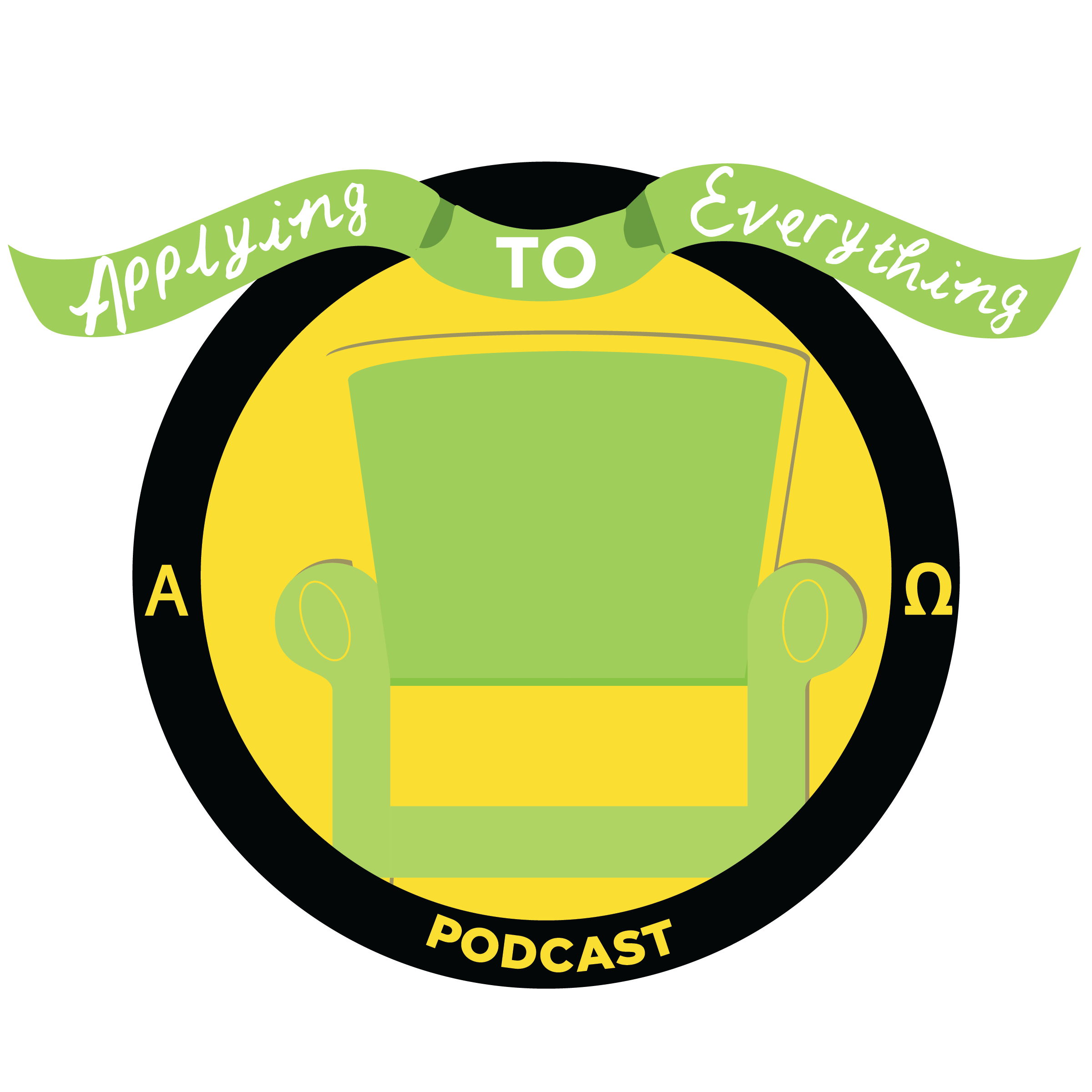History, Narrative, Truth, Podcasts
History, Narrative, Truth, Podcasts
This week I sit down with Amber to talk about thanksgiving, historical revisionism, and how understanding our past is a first step toward a better future.
Amber Richardson is an enrolled citizen of the Haliwa-Saponi Indian Tribe, which is primarily located in Hollister, North Carolina. She grew up in Hollister, attending the Haliwa-Saponi Tribal School, then the North Carolina School of Science and Math in Durham, NC, and finally, Duke University, where she earned her BA in Psychology as a Gates Millennium Scholar. Amber's professional career has been driven by a passion for minority youth engagement. She started with the BOOST Program (Building Opportunities and Overtures in Science and Technology) which increases access to mentorship and STEM opportunities for minority students in Durham. She also served the North Carolina Native American Youth Organization (NCNAYO) in many capacities, including facilitator of a youth grant-writing education program called North Carolina Giving Indians Volunteer Experience (NCGIVE). Now, Amber supports Native youth on a national level, as Communications Associate for the Center for Native American Youth at The Aspen Institute in Washington, DC.
Amber is roommate to Bruno Falcon, creator of Applying to Everything. They share a lovely home in Columbia Heights where Amber enjoys processing her feelings through rounds of Halo, pints of Ben & Jerry's, and Sims 4 marathons.
A note from Amber: As I said in the beginning of the episode, I am not an expert on US-Federal Indian policy. Here are a couple resources I've found most helpful in my own journey to learn and share our true history:
- An Indigenous People's History of the United States by Roxanne Dunbar-Ortiz. Must read. Great stuff about the war tactics discussed in the episode.
- The blog and Twitter account of Dr. Adrienne Keene, Cherokee professor at Brown University who primarily writes about cultural appropriation and erasure of Indigenous history and culture. Great stuff including why it's not ok for non-Native people to wear headdresses.
And a few other helpful resources/notes:
- NPR's 1A episode on Indigenous People's Day. Good for understanding how inaccuracies in the U.S. public education system actually affect Native peoples and Native youth.
- Note about tribal belonging: Each tribe has their own enrollment criteria. My tribe requires that one parent be enrolled Haliwa, and that the applicant be able to prove social and community ties. Other tribes determine enrollment by blood quantum, matrilineal affiliation (i.e. enrollment is determined by the mom), or other policies. The important takeaway here is that tribes are sovereign political entities, not racial identifications. Thus the varying citizenship prerequisites.
- Note about Indian vs. Native American vs. Native vs. Indigenous. I use them interchangeably, but the best way to identify someone is by first and ALWAYS asking what they prefer; however it's generally best/safe to call them by their tribe or use the term Indigenous.

